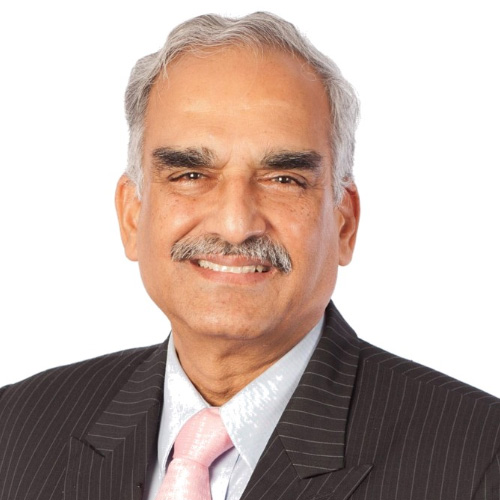Why family, values, and community action are the building blocks of a just society
After over three decades in public service, including roles as Commissioner of Police, Mumbai, and Director General of Police, Maharashtra, I am convinced that the journey towards a better India doesn’t begin in government offices — it begins at home, in our families, and within our neighbourhoods. Real reform is rooted in ethical parenting, disciplined living, and conscious community action.
Children Mirror What They See
Children are remarkably observant. They absorb behaviours, values, and attitudes far more from what they see than from what they are told. My own parenting experience has shown me that children reflect both virtues and flaws — often more sharply than we realise.
When we treat household staff with dignity, we teach children to value every individual. When we disregard rules casually, we normalise that behaviour for the next generation. The daily choices we make as parents, teachers, and neighbours directly influence the character of tomorrow’s citizens.
Discipline and ethics are not just personal ideals — they are the foundation of a just society. Countries like Japan show us that public discipline, civic-mindedness, and mutual respect lead to collective well-being.
Inclusive Progress Begins with Opportunity
No society can truly progress if it leaves its most vulnerable behind. Access to food, healthcare, and education should not be seen as privileges — they are basic rights that every individual deserves.
This belief inspired the creation of Mumbai Roti Bank, an NGO I founded to reduce hunger and malnutrition. Over the years, we’ve served 21 million free meals, proving that consistent, community-driven service can transform lives. Across India, we continue to see powerful stories of children from underserved backgrounds thriving — all because someone believed in them and extended a hand.
Challenging Biases and Fostering Inclusion
Discrimination based on caste, gender, colour, or class often takes root in small, unconscious ways — in our homes, language, or behaviour. When parents treat sons and daughters differently, or when domestic workers are treated as inferior, children internalise these cues.
But just as these patterns are learned, they can also be unlearned. Small shifts — addressing staff with dignity, supporting their children’s education, or speaking of all individuals with respect — can help raise a generation that values empathy over exclusion.
Standing Up to Misinformation and Hate
In today’s digital age, misinformation and hate speech spread with alarming speed, especially through social media. Often emotionally charged and misleading, such content deepens divides and erodes trust.
We must respond with awareness and courage. Promoting digital literacy and critical thinking — especially among the youth — is essential. And it begins with small, everyday actions: questioning forwarded messages, sharing verified information, and gently but firmly challenging prejudice, even in our own WhatsApp groups. When we do this consistently, we don’t just counter misinformation — we rebuild the social fabric with truth and empathy.
A Shared Responsibility
Whether we are parents, teachers, neighbours, or leaders — each of us has a role in shaping the kind of society we hope to live in. By modelling ethical behaviour, cultivating discipline, challenging injustice, and working together, we can create communities where everyone belongs, and every child can thrive.
True reform doesn’t begin with policies alone. It begins when ordinary people act with extraordinary care — in their homes, schools, and streets.
If we want to build a stronger, more inclusive India, we must invest not just in infrastructure, but in values. The path ahead won’t be easy, but it is necessary — and it is possible.
Let us raise ACTiZENS: Alert, Informed, and Active Citizens who don’t wait for change, but help create it. Because when each of us chooses to leave the world a little better than we found it, that’s when real progress begins — and that’s how it lasts.

Mr. D. Sivanandhan is a former Director General of Police, Maharashtra and founder of Mumbai Roti Bank, an NGO working to eliminate hunger and malnutrition. He has held senior positions in the Intelligence Bureau, Central Bureau of Investigation, and Mumbai Crime Branch, and served as Commissioner of Police in Nagpur, Thane, and Mumbai. Mr. Sivanandhan holds postgraduate degrees in Economics and Arts.
